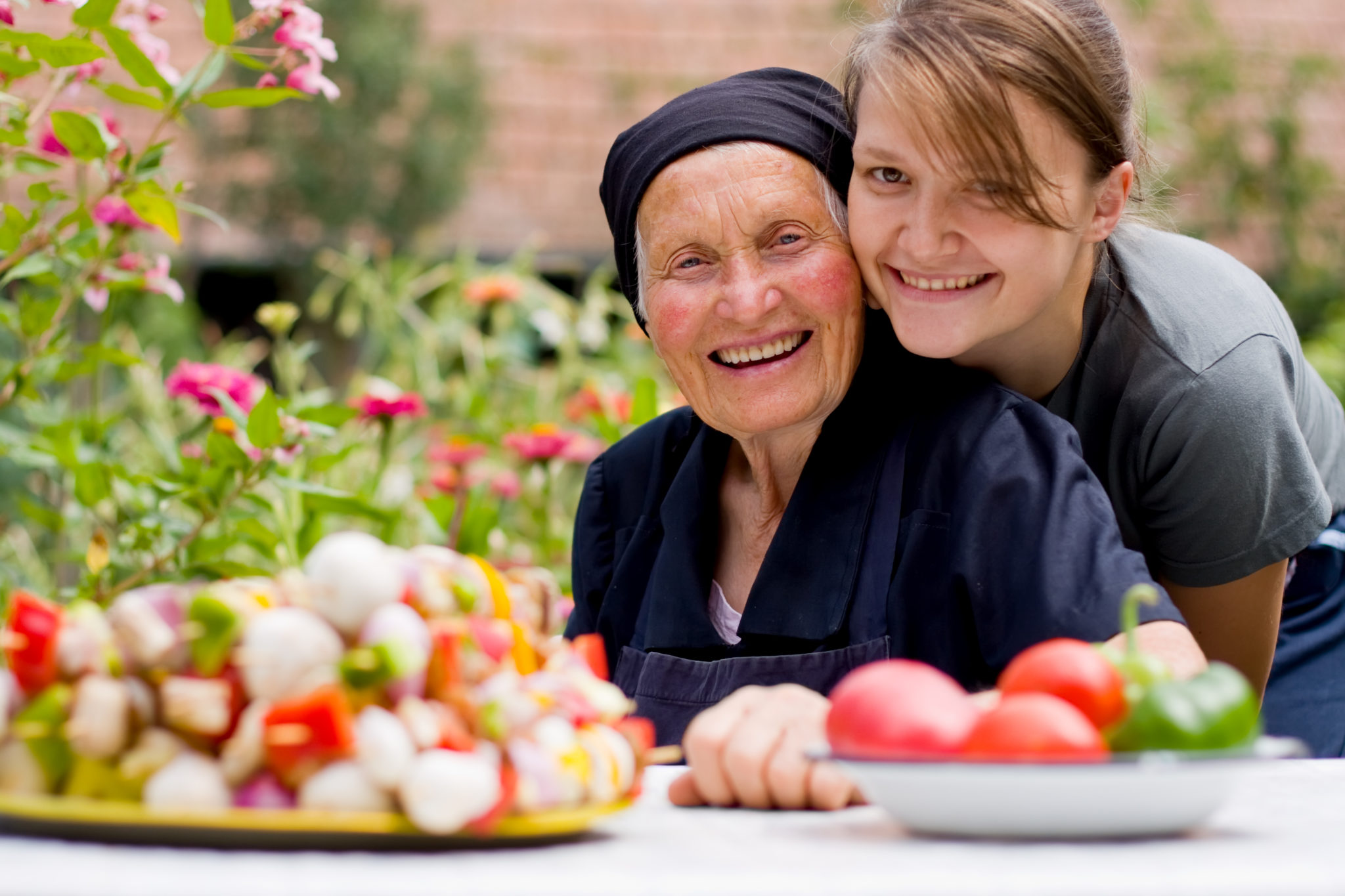When adult children make the decision to become the family caregiver for an aging loved one, they often move in with the parent or have the parent move into their home. It can be a real adjustment living with each other again. One factor that is sure to cause some tension is the lack of privacy.
Every family member needs some privacy, which is their own physical and mental space that is free from intrusion. Because caring for elderly loved ones can be quite time-consuming, it’s important to work out privacy issues before they can become real problems.

Caregiver in Wasilla AK: Privacy For Seniors And Caregivers
Physical Privacy
Both the family caregiver and the elderly loved one need some space that is completely their own. Sleeping space should be private and if possible, have some space for living, such as a television and chair. Sometimes it means fixing up a guest room or converting a dining space or other room into an elderly person’s space. Still, other adult children may find it easiest to donate the master bedroom space to their elderly loved one on the main floor and take a room upstairs to maintain privacy. Many families are building add-ons to their home for elderly loved ones to have their own space yet still able to benefit from the family caregiver’s care.
No matter what the arrangement, it needs to be clear to both the adult caregiver and the elderly loved one that certain spaces are off limits to each other and that they should only enter when invited. Locks or other inhibitors may be needed, especially if the elderly loved one is not as conscious about personal boundaries due to personality or mental illness. When people in close quarters have physical privacy, it’s easier for them to live together in the common areas of the home in harmony.
Mental Privacy
Mental privacy is harder to get and even harder to define. It’s really a chance for both family caregivers and elderly loved ones to not have to engage with each other for short periods of time. Physical space of their own can help with mental privacy, but it also includes getting actual breaks by having the elderly loved one stay with other family members for a day or so. Another option can help by having an elderly care assistant take over caregiving duties in the day so the adult caregiver can take some much needed time to run errands or pamper themselves for a bit.
The best way for mental privacy to happen is for adult children to take frequent caregiving breaks, utilizing a home care provider to offer respite. Elderly people also benefit from interacting with a wide range of people and not just depending on their family caregiver all the time. Mental privacy also includes not having to share the details of every thought, phone call or visitor with each other, and respecting one another’s independence.
It’s important for family caregivers to remember that a live-in senior family member doesn’t remove their right to some privacy. With communication and proper boundaries, adult children and elderly loved ones can coexist and mutually benefit each other.
If you or an aging loved-one are considering hiring a caregiver in Wasilla, AK, call us! The friendly staff at Shine Bright Care are here to answer your questions.
Call toll-free (888) 264-5998
Source:
https://www.washingtonpost.com/realestate/for-an-aging-parent-an-in-law-suite-can-provide-a-home-within-a-home/2014/08/14/2b39c0c0-0cff-11e4-b8e5-d0de80767fc2_story.html?utm_term=.aafa458e2c4e

